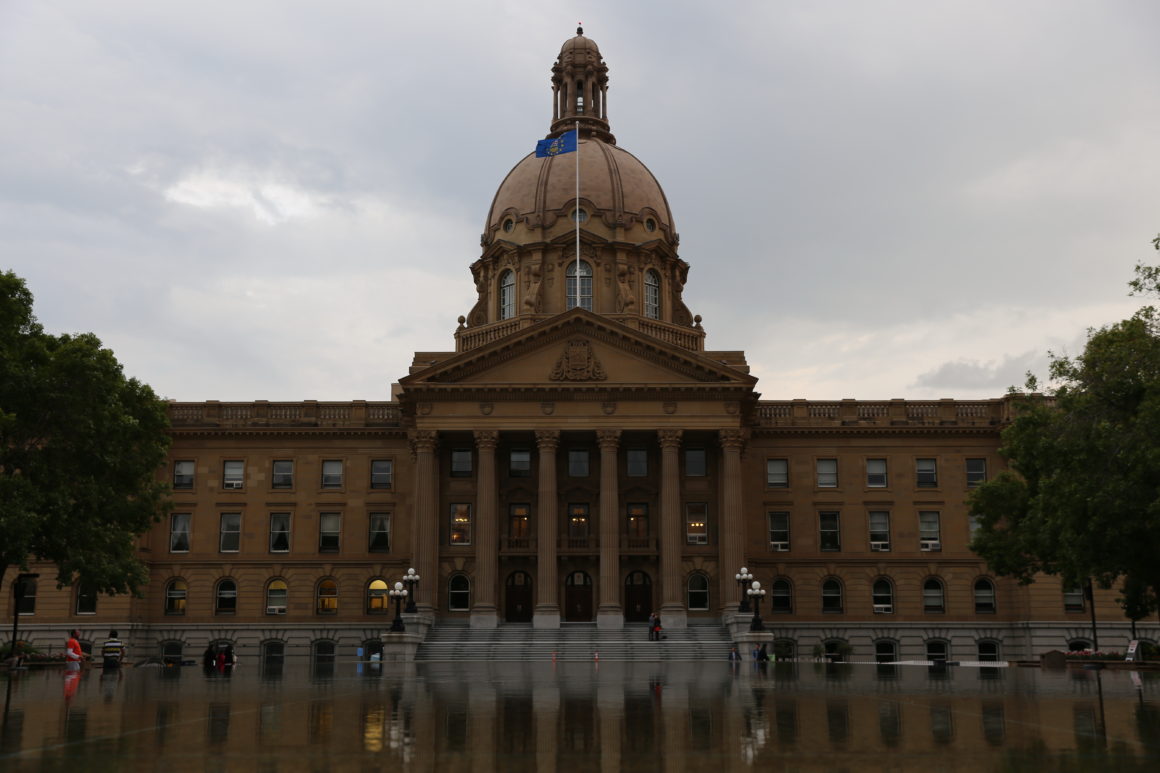
Head to head: a minimum wage is largely beneficial to students
By Andrew Kemle, September 27 2016 —
If you’re a university student who is employed, your wages will most likely be as low as legally possible. Raising the minimum wage would have a positive impact on the student body.
The number one cause of future misery for post-secondary graduates is debt. Whether you’re in a four-year undergraduate program or you’ve just completed your final year of law school, the cost of attending post-secondary can quickly turn into a crisis. A 2013 Bank of Montreal survey found that recent graduates expected to accumulate over $27,000 in student debt in addition to approximately $1,200 in non-tuition related charges.
If students end up working minimum wage jobs to pay for tuition, then the extra few dollars an hour will be an immense help. It likely won’t cover the full extent of costs for students, but cutting down that $27,000 of debt will make life a little more comfortable.
Increasing the minimum wage has the potential to increase future savings and decrease the pressure students feel to go into jobs that they utterly despise so that they might someday repay their debt.
A higher hourly wage will also lessen the need to work long hours that cut into study time and hurt grades.
Opponents of a raised wage say that it kills jobs, but evidence doesn’t support that argument. In 2013, John Schmitt of the Center for Economic and Policy Research explained that in extensive studies undertaken by economists since the ‘90s, an increase in the minimum wage showed no discernible effect on employment. Similarly, Washington state increased its minimum wage in 1998 far above the federal level and since then have seen higher restaurant payrolls, higher growth rates and lower levels of poverty than the national level with no negative effect on employment. The recent raise to $15 an hour in Seattle has shown similar results.
There seems to be a net positive effect when the minimum wage increases, not just on student employment, but employment in general.
The other argument is that prices will rise and cancel out the wage increase, but this again is not supported by evidence. In economics, prices and wages are thought of as “sticky,” meaning that a rise in one does not automatically equal a rise in the other. Reasons for this include the fact that businesses are limited in how high they can raise prices by other firms they’re competing with. A study by the University of Washington noted this disparity and it can be seen in what’s known as the Big Mac Index, where the price of one Big Mac in one country is compared to the price of a Big Mac in another country. In many countries with higher minimum wages than the United States such as Australia, the price of a Big Mac is only slightly higher.
To bring this back into the sphere of students, a gain in wages for us is just that — a gain.
It won’t be enough to cover the cost of our debt or fully decrease our stress load, but it is enough to chip away at it. And with no real negative consequences for the economy, there’s really no rational reason to oppose a $15 minimum wage. If you’re a student, it’ll be good for you.
This article is part of a head to head. Click here to read the other side of the argument.
